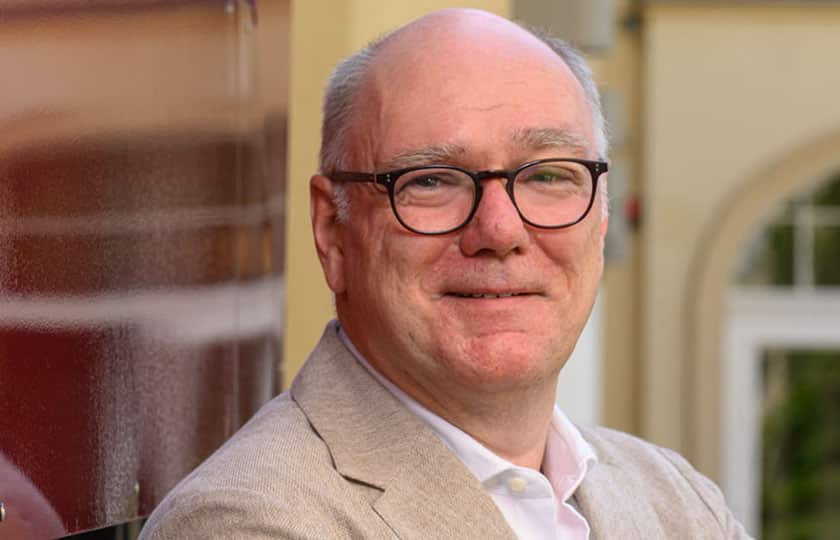What is the legal framework under which communicative bots (in particular ChatGPT) and social bots (in particular X and Facebook) operate? On the one hand from the perspective of communication law and on the other hand from the perspective of emerging AI regulation? The project, which is part of the DFG research group “Communicative AI (ComAI) – The Automation of Social Communication”, investigates the legal regulation of communicative AI.
The project, led by Prof. Dr. Wolfgang Schulz, focuses on the legal situation in Germany and reconstructs basic media law concepts such as “personality”, “opinion” and “expression”. The project also looks at current and forthcoming EU legislation – namely the “AI Act” – in order to incorporate the constructions underlying the regulation of communicative AI.
In addition, a functional comparison with British, Austrian and US legal contexts is provided to include further approaches to the ongoing juridification of communicative AI in the analysis. The focus is on the extent to which legal definitions and concepts shape the socio-material constitution of communicative AI, and which elements and connections of hybrid figurations are legally significant. In this way, the project addresses the challenges of hybrid agency from a legal perspective.
About the Overall Project
The project is part of the overall project “Communicative AI (ComAI) – The Automation of Social Communication“. The research group of the German Research Foundation (DFG) is investigating the consequences, risks, but also the potentials of the profound change in the media environment brought about by communicative artificial intelligence (AI). In addition to the HBI (Prof. Dr. Wiebke Loosen) and the ZeMKI (Prof. Dr. Andreas Hepp), which coordinate the research group, the University of Vienna and the University of Graz are also involved.
A total of nine research projects and one coordination project are investigating how social communication changes when communicative AI becomes part of it. The project brings together leading researchers from the fields of communication and media studies, human-computer interaction, sociology of knowledge, governance research and media law. They are united by the goal of systematically analysing the transformation of social communication under the influence of artificial intelligence by studying the consequences of its use in different social areas and the social discourse about it.
The research will focus on social pioneers, the development of interfaces, the legal and corporate handling of communicative AI, its role in journalism, in public (online) discourse, in personal everyday life through technological companions, in the health sector, and in learning and teaching.
ComAI.space will provide a common research environment for the participating institutions, in order to increase the visibility of the research group’s results for decision-makers in different areas of society. Central to this is the accompanying investigation of possible future scenarios for the dissemination and impact assessment of automation processes at different levels of social communication.
Subprojects at the HBI
In addition to the project “The Juridification of Communicative AI”, two other projects are being carried out at the HBI:
-
- Journalism: The Automation of News and Journalistic Autonomy: The project, led by Prof. Dr. Wiebke Loosen, investigates communicative AI in journalism by analyzing the challenges for journalistic autonomy at the interactional, organizational and societal levels.
- Political Discourse: Communicative AI and Deliberative Quality: The project, led by Prof. Dr. Cornelius Puschmann and Dr. Gregor Wiedemann, investigates communicative AI in the social domain of political discourse using discourse monitoring and discourse intervention. With a largely experimental approach, the effects of social bots using Large Language Models (LLMs) on the quality of deliberation are examined. German-language debates on climate change on X, Mastodon and Bluesky serve as case studies.
Further information
Further information on the project can be found on the project website https://comai.space/.
Photo by Solen Feyissa on Unsplash













